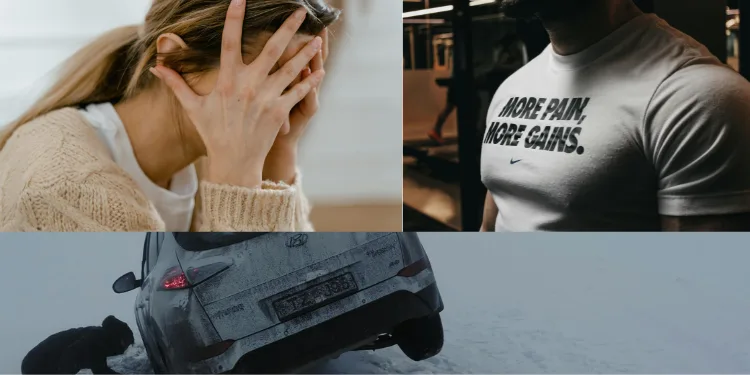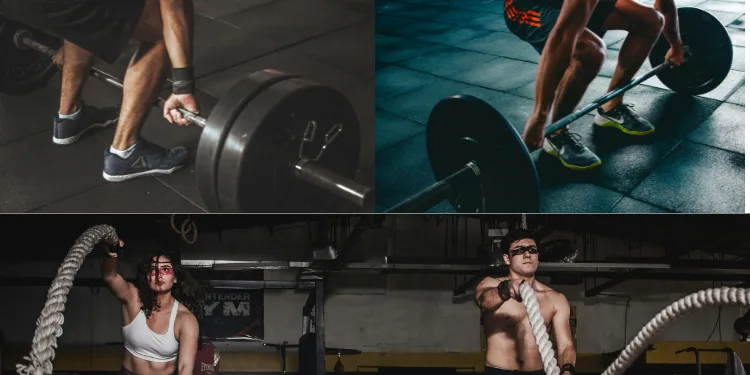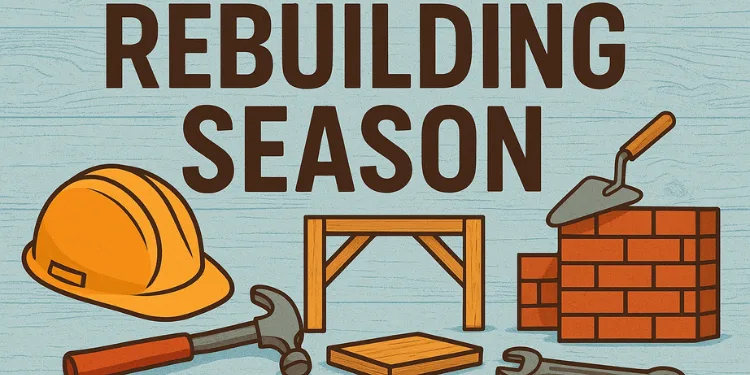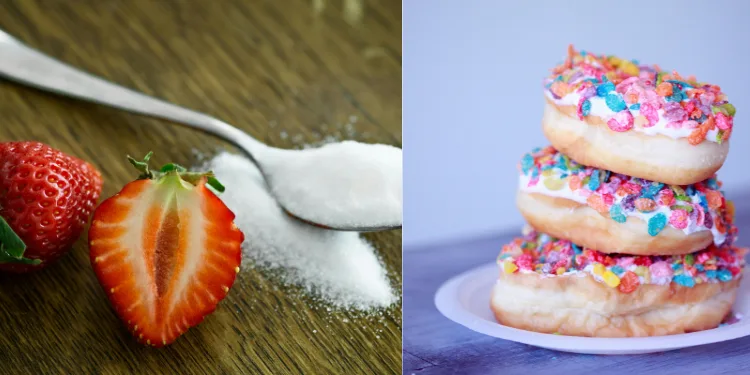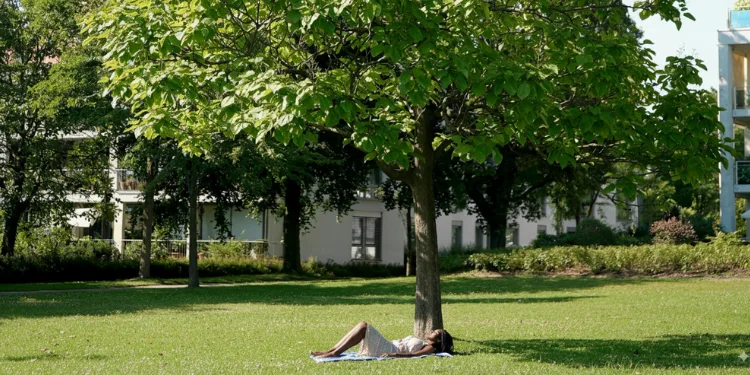Although Rwanda served as the beginning, Uganda was the surprising chapter that expanded my story. It started naturally, as a friendship grows slowly until you…
Before resilience became a way of life and bravery became a daily decision, a young girl daydreamed under the Ugandan sky. I can still see…
Even after it has rained in Rwanda, I can still smell the wet ground when I shut my eyes. I remember the warmth of community,…
Have you ever experienced a sense of heaviness that you couldn’t identify? “Is this it? Is this what my life will be like forever?” that…
The majority of us instinctively associate the term “gut” with digestion—the process of food entering, breaking down, and maintaining a happy stomach. However, there’s more…
Upon hearing the phrase “strength training,” most people immediately associate it with young gym-goers lifting heavy weights or fitness enthusiasts working out to build muscle….
Life often feels like a series of seasons, not all of which are simple or brilliant. Sometimes we enter what I refer to as a…
We’ve all been there: you’re in the middle of a hectic day, and you reach for a sugary snack or a sweetened cup of coffee…
As the holidays approach quickly,the joy comes with the moments of reunions with loved ones.The lure of holiday travel is undeniable, particularly when it involves…
Let’s face it, self-care is frequently tossed about these days. Face masks, bubble baths, candles—all those things are great, don’t get me wrong. However, a spa day is…



